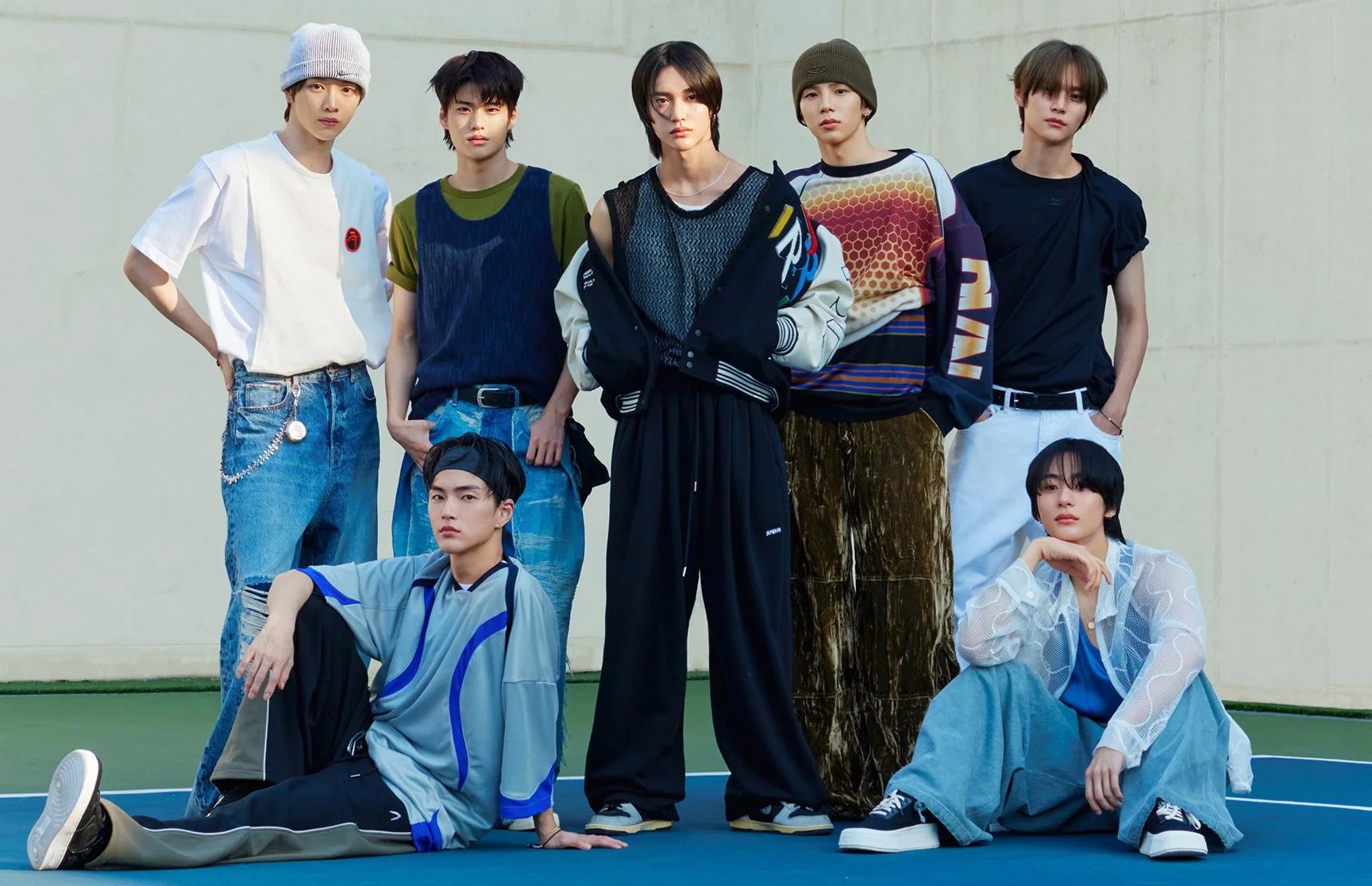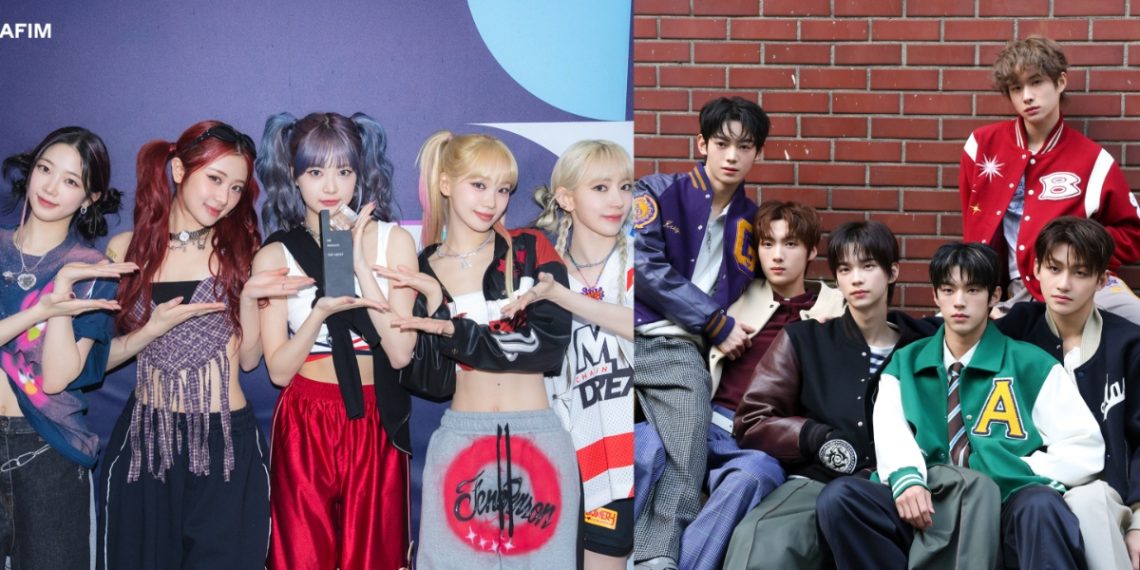A notable trend has emerged with a surge in songs lasting around 2 minutes. The prevalence of tracks under 3 minutes among top-ranking idol music signifies a marked departure from longer-form compositions, raising questions about this shift in song durations.
K-pop charts now predominantly features songs like (G)I-DLE’s “Fate” (2 minutes 42 seconds), TWS’s “plot twist” (2 minutes 33 seconds), LE SSERAFIM’s “Easy” (2 minutes 45 seconds), “Smart” (2 minutes 45 seconds), RIIZE’s “Love 119” (2 minutes 54 seconds), and ILLIT’s “Magnetic” (2 minutes 41 seconds). This trend underscores a preference for succinct musical offerings.
The Root of the Shorter Song Phenomenon
The move toward shorter tracks gained momentum last year and has since become entrenched. Notably, popular artists such as IVE, NewJeans, and (G)I-DLE spearheaded this shift by streamlining their compositions to capture attention more efficiently.

Central to this evolution is the need for contemporary idols to resonate with a diverse audience spanning domestic and international markets. The ascendancy of the MZ generation (Millennials and Gen Z) as the primary consumer base for K-pop has dictated a shift towards shorter, impactful content that aligns with their consumption habits.
Music industry insiders attribute this transition to the evolving listening behaviours of modern audiences. Listeners, accustomed to personalized content consumption, seek instant engagement from songs, necessitating concise and compelling musical arrangements.

Implications and Concerns
While the prevalence of “2-minute” songs underscores a strategic response to shifting market dynamics, concerns have surfaced regarding the potential compromise of artistic integrity and identity. The pursuit of chart success through abbreviated tracks risks diluting the distinct musical essence that defines K-pop.
Amidst this transformative era, striking a balance between commercial viability and creative originality remains imperative. Artists must inspect this evolving musical world with resilience, ensuring that innovation drives change without eclipsing the essence of their craft.

The era of “2-minute” songs encapsulates K-pop’s adaptive prowess in response to evolving audience preferences and market dynamics. However, the industry must tread carefully to preserve the soul of its music amid this era of rapid evolution and innovation.





